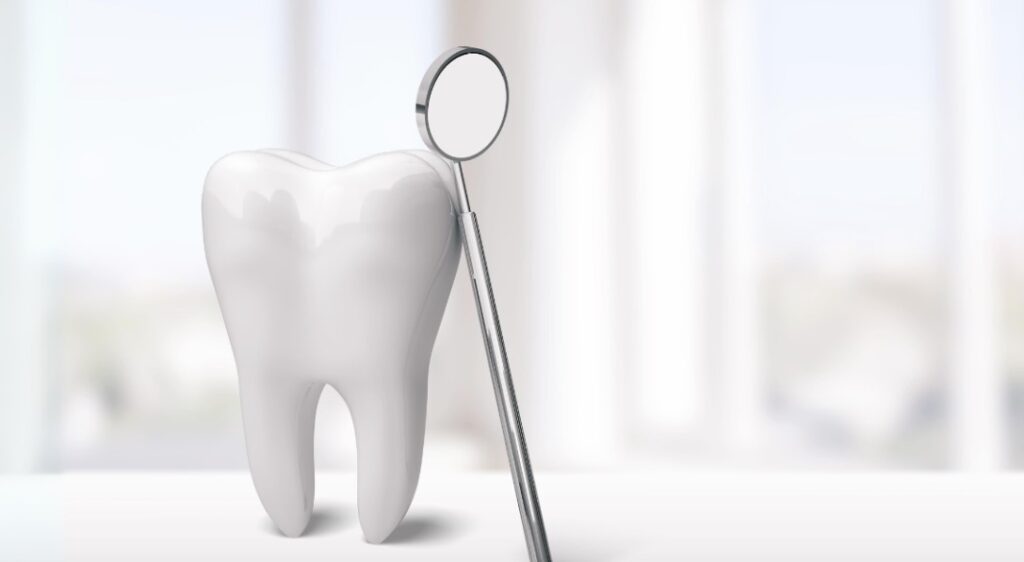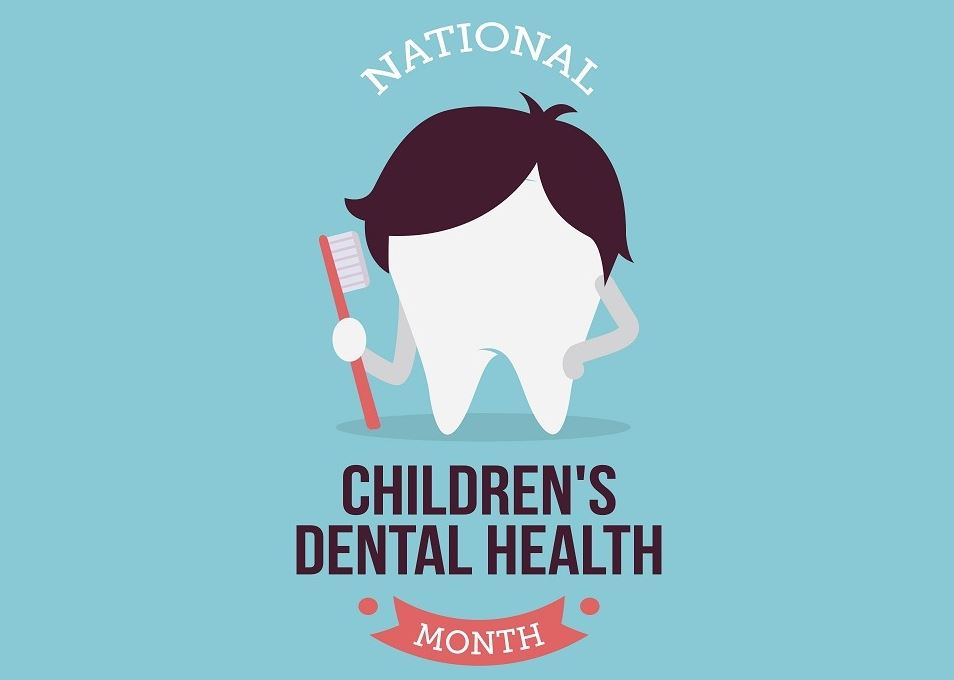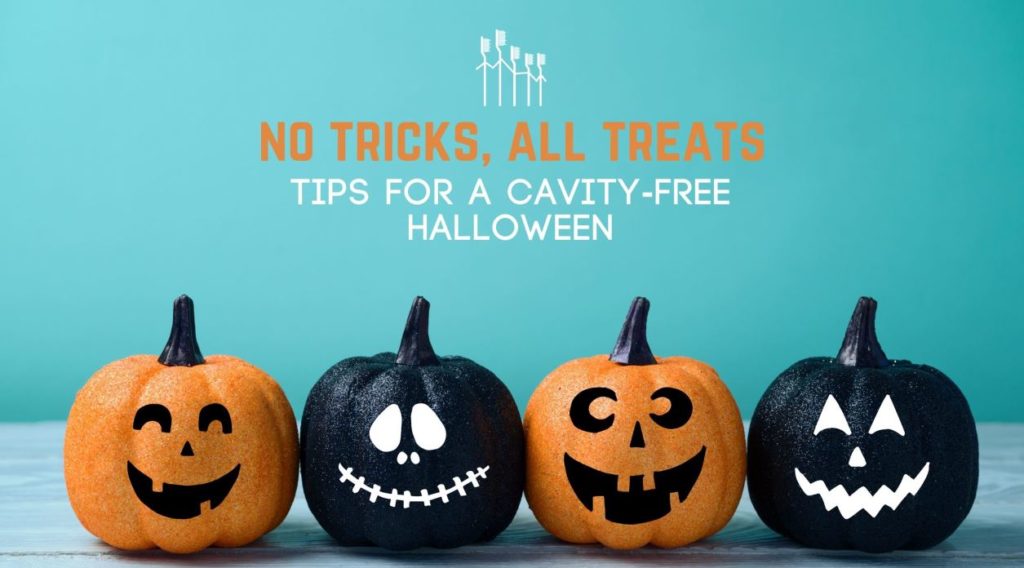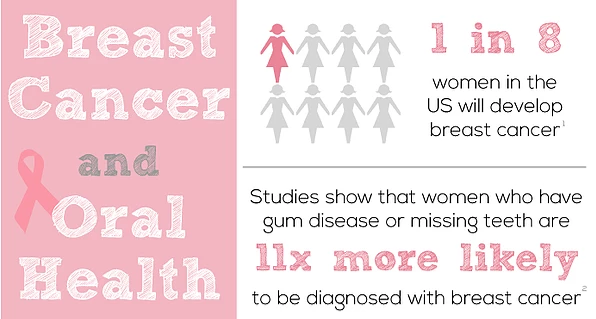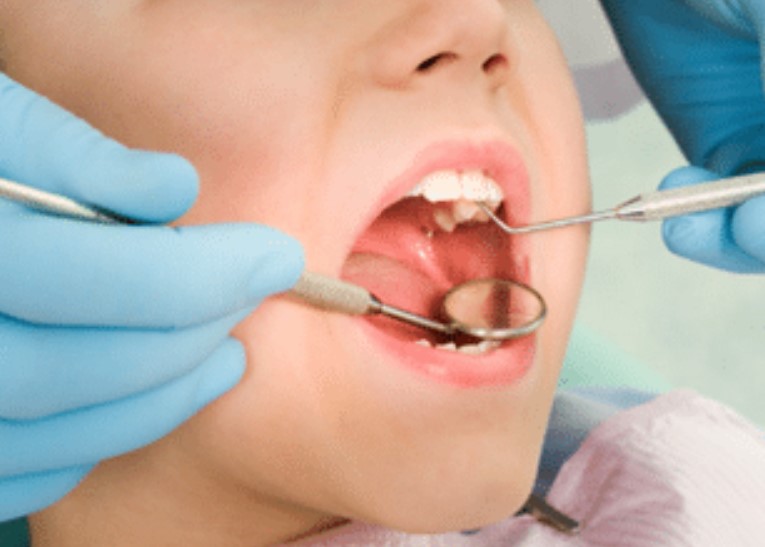
As the school year winds down and families start planning for summer vacations, camps, and activities, one important task often gets overlooked: your child’s dental checkup. At GPS Dental, we believe that summer is one of the best times to schedule dental visits for kids — and it’s not just because everyone’s schedules are a little more relaxed.
Let’s explore why summer is the perfect season to prioritize your child’s oral health, what to expect during a dental visit, and how you can set your child up for a healthy, confident smile heading into the new school year.
1. Summer = Schedule Flexibility
During the school year, it can be tough to squeeze in dental appointments without missing class or extracurriculars. Between homework, sports, and family obligations, your calendar is packed. But when summer rolls around, schedules open up, making it easier to:
- Find a convenient appointment time
- Bring in multiple children at once
- Follow through with any needed follow-up treatments
At GPS Dental, we see a surge in family appointments during June and July — and we recommend booking early so you get your preferred time slot.
2. Prevent Problems Before the School Year Begins
Toothaches don’t wait for the weekend — and they certainly don’t wait for winter break. Scheduling your child’s exam during the summer gives us time to catch and treat any potential issues before they become emergencies. This includes:
- Early signs of cavities
- Gum inflammation
- Crowding or bite issues
- Problems with baby teeth not falling out on schedule
By addressing these problems early, we help your child avoid missed school days and stay focused on learning — not on dental pain.
3. Perfect Timing for Preventive Care
Summer is an ideal window for important preventive dental treatments like:
🛡️ Dental Sealants
These are thin, protective coatings applied to the chewing surfaces of molars to prevent cavities. Sealants are especially effective for school-age children who are just mastering their brushing skills.
💎 Fluoride Treatments
Fluoride strengthens enamel and helps prevent decay — especially important after a year of snacking, sipping, and possibly skipping proper brushing.
👄 Custom Mouthguards
If your child is playing sports (whether it’s baseball, basketball, or football), a custom-fit mouthguard helps protect their teeth from injury.
These quick, painless treatments can protect your child’s smile all year long.
4. Start Orthodontic Conversations Early
Did your child’s dentist mention a possible need for braces or clear aligners? Summer is a great time to begin the conversation.
If your child is age 7 or older and has not yet had an orthodontic evaluation, now is the time. Early intervention can help guide jaw development and prevent more serious alignment issues down the road.
GPS Dental offers orthodontic consultations and can help you explore your options — including traditional braces and SureSmile clear aligners for teens.
5. Avoid the Summer Sugar Trap
Let’s be honest: summer is full of sugary snacks, frozen treats, and sweet drinks. Popsicles, slushies, lemonade, soda, candy from the pool snack bar — they’re everywhere!
While an occasional treat is perfectly fine, an increase in sugar exposure (combined with less structured brushing routines) can lead to:
- Plaque buildup
- Increased risk of cavities
- Early signs of enamel erosion
A summer dental cleaning gives us a chance to clean away any buildup and remind kids about good brushing habits — especially as they navigate summer indulgences.
6. Boost Confidence Before the First Day of School
There’s nothing like a clean, healthy smile to give kids a confidence boost. Whether your child is starting kindergarten or heading into high school, making sure they start the school year with a healthy mouth can help them:
- Feel better about their appearance
- Speak more confidently
- Avoid embarrassment from dental discomfort
A simple cleaning and checkup can go a long way in building that back-to-school confidence!
7. Time for Treatment If Needed
If your child does need any dental work — such as fillings, a crown, or an extraction — summer gives you more time to complete treatment before school starts again.
Some procedures may require multiple appointments, or a little extra recovery time. Getting this done during summer avoids scheduling conflicts and reduces stress for both parents and kids.
What to Expect at Your Child’s Dental Visit
At GPS Dental, we make dental visits fun and fear-free. Here’s what a typical pediatric appointment includes:
- A gentle cleaning to remove plaque and tartar
- A thorough exam to check teeth, gums, and bite development
- Digital X-rays (if needed) to spot problems we can’t see
- A fluoride treatment to strengthen enamel
- Tips and guidance on brushing, flossing, and nutrition
- Time for parents to ask questions and get personalized advice
Our team is trained in working with children of all ages and will always go the extra mile to make your child feel safe and comfortable.
How to Prepare Your Child for Their Appointment
You can help set the stage for a positive dental experience with these simple tips:
- Talk positively about the dentist (avoid words like “pain” or “shot”)
- Let them bring a comfort item, like a small toy or stuffed animal
- Read a book about going to the dentist to help ease fears
- Plan something fun afterward, like a trip to the park or a movie
The goal is to make dental care a normal, even exciting, part of your child’s routine.
Book Early — Appointments Fill Fast!
Summer appointments are in high demand, and we want to make sure your family gets the care you need at a time that works for you. We recommend calling early to book your child’s checkup — especially if you have multiple kids or need late afternoon times.
Final Thoughts: Set Your Child Up for a Healthy School Year
Taking care of your child’s teeth now means fewer problems — and fewer interruptions — once school is back in session. At GPS Dental, we’re proud to support our community’s families by making dental care accessible, stress-free, and fun.
If it’s been more than six months since your child’s last exam, don’t wait! Summer is the perfect time to check in on their oral health, take care of preventive treatments, and kick off the school year with a smile that’s healthy and confident.
📞 Call GPS Dental today at 210-633-3477 to schedule your child’s summer checkup!
Dr. Gary P. Skrobanek is a dental implant dentist and his experienced, friendly team at GPS Dental offer affordable family dentistry and gentle dental care in the San Antonio, TX area. Our Brooks City Base dentist office is conveniently located and offers early morning appointment times Monday through Friday to meet your needs. At GPS Dental, we provide most dental services, from family and general dentistry to dental implants, sleep apnea, TMJ / TMD Treatment, cosmetic dentistry and much more. We accept most dental insurance plans and offer affordable financial solutions for any budget. Call us at (210) 633-3477 to make an appointment.





